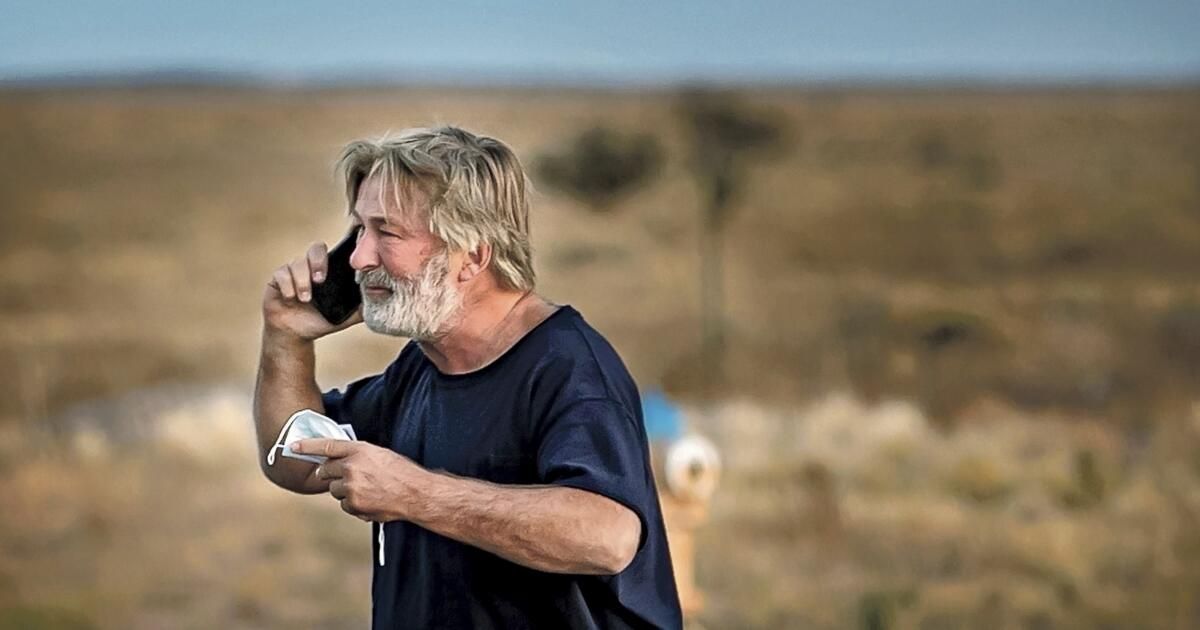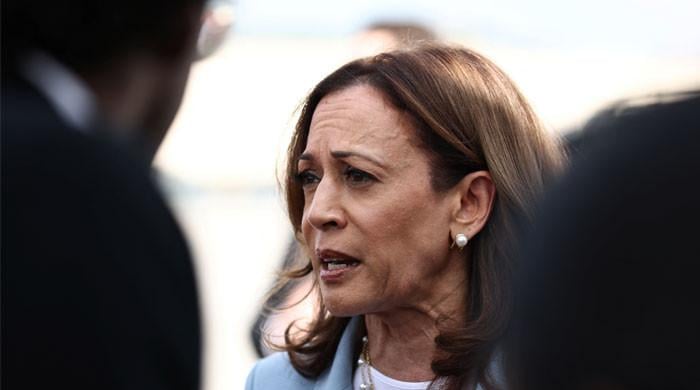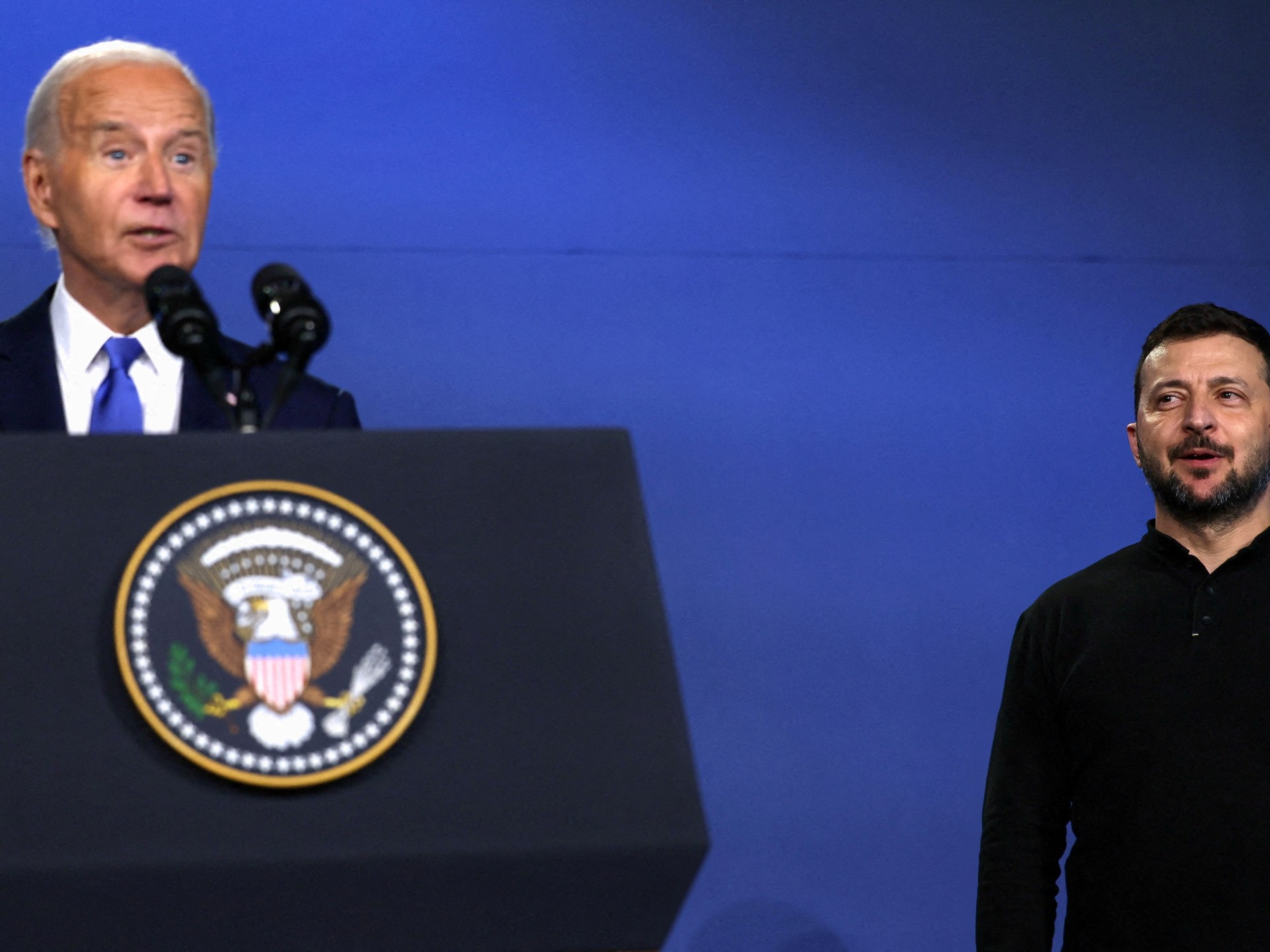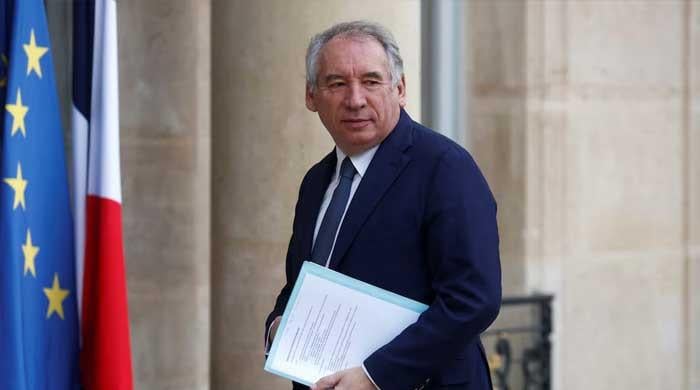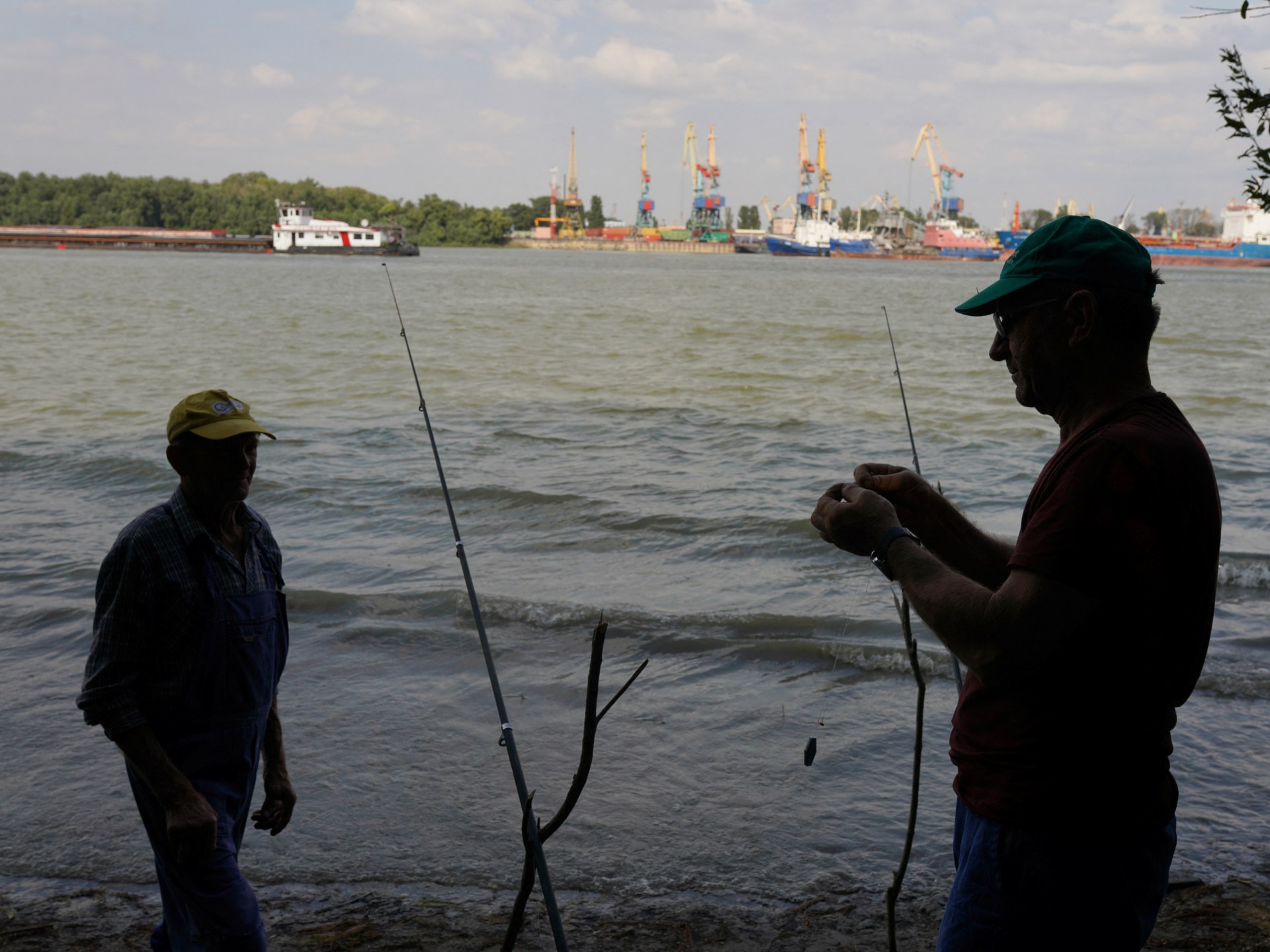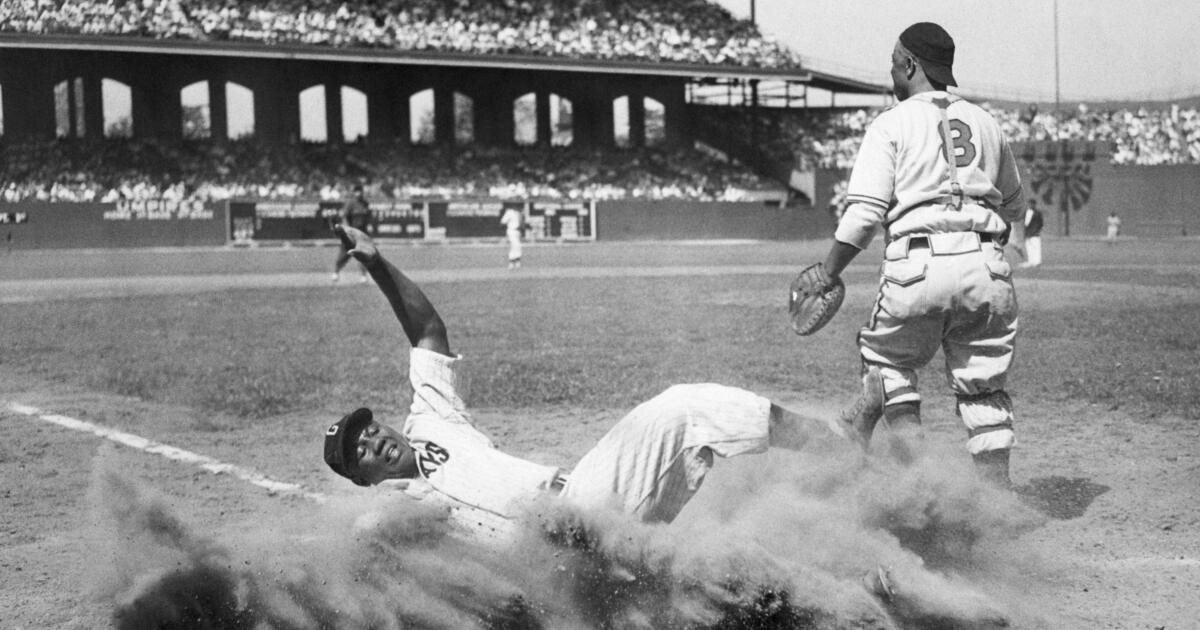A New Mexico judge cleared the way Friday for a criminal trial against actor Alex Baldwin for his role in the fatal accidental shooting of a cinematographer on the set of the movie “Rust.”
The ruling by New Mexico First Judicial District Court Judge Mary Marlowe Sommer allows the trial to go forward as planned.
Baldwin has pleaded not guilty to felony manslaughter and his trial is expected to begin in a Santa Fe courtroom with jury selection on July 9.
The Times has contacted Baldwin's team for comment.
The decision comes after months of legal wrangling between Baldwin's high-powered legal team and special prosecutors over whether the actor-producer's prop gun was defective.
Prosecutors have tried to prove that Baldwin pulled the trigger in the 2021 tragedy, killing Halyna Hutchins, who was less than four feet away.
Baldwin told investigators the gun simply “went off.” His attorneys have asked that Baldwin's charge be dismissed, citing errors by investigators.
Prosecutors revealed that a member of the “Rust” production team would testify that he saw Baldwin pull the trigger that day. And they have presented other evidence that they say demonstrates that Baldwin acted recklessly during the filming of the low-budget western near Santa Fe and that he had a duty, as producer, to make sure the film set was safe. .
During the filming of this low-budget Western, Baldwin, Hutchins and the film's director, Joel Souza, and about a dozen other crew members were preparing for a scene in which Baldwin's character would pull his gun from his shoulder holster, followed by a shootout with law enforcement officers.
At stake is the condition of the Italian-made .45 Pietta Colt, a newly manufactured, fully functional replica of an 1880 pistol, before and after testing by an FBI analyst.
Baldwin's attorneys have argued that fractures to the gun's hammer and sear during FBI testing of the gun were evidence that the gun was prone to accidental discharge and that Baldwin was denied the opportunity to prove that the weapon was defective.
Baldwin also maintained that the gun was modified before its use in “Rust,” and that may have contributed to the tragic accident, which prosecutors deny.
“There is no question that the state knowingly destroyed the most important piece of evidence in the case without taking even the most basic steps to document its original condition,” Baldwin's attorneys, Luke Nikas and Alex Spiro, wrote earlier this year. month in a court file.
Prosecutors had long argued that the gun would not have simply gone off.
Last year, prosecutors hired a respected Arizona weapons expert who inspected the gun and reconstructed the damaged section. The expert was expected to testify at trial that the revolver was in good condition and that Baldwin would have had to pull the trigger for the gun to fire.
During a two-day hearing that concluded Monday, Baldwin's attorneys and the two special prosecutors spent hours questioning firearms experts, forensic analysts and the Santa Fe County sheriff's deputy who investigated the shooting.
Baldwin was unaware that a live round was loaded in the chamber. He had been told that the gun was “cold,” meaning it contained no ammunition. His legal team, with support from the SAG-AFTRA performers’ union, has said Baldwin was not responsible for the safety of the gun and was not required to inspect it himself.
That role belonged to gunsmith Hannah Gutierrez, who was convicted in March of involuntary manslaughter for her actions that led to Hutchins' death. Gutiérrez was ordered to serve an 18-month sentence.
Gutierrez is on the state's witness list to testify against Baldwin, but has not cooperated with prosecutors, according to court testimony.
The investigation into the Rust shooting has faced multiple setbacks.
Mistakes were made by law enforcement officers and the original team of prosecutors, who ultimately stepped away from the case.
The detective in charge of the investigation ordered the destructive testing in 2022, despite warnings from the FBI analyst that hitting the gun's hammer with a sledgehammer could damage the weapon.
Baldwin's attorneys also accused the special prosecutors of withholding evidence, which they denied. Earlier this month, attorneys Nikas and Spiro filed a motion to dismiss the charge against Baldwin for destroying the gun.
Nikas and Spiro wrote that the gun parts showed irregularities, including chips and unidentified “tool marks” on the hammer, and that it was impossible to know whether the marks were present during the filming of “Rust.”
A year ago, special prosecutor Kari Morrissey and her law partner agreed to drop the charges against Baldwin so they could investigate allegations made by Nikas that the gun had been modified.
After charges were dropped in April 2023, Baldwin traveled to Montana to complete filming on “Rust.”
Last October, Morrissey offered Baldwin a “very favorable plea deal” to plead no contest to negligent use of a deadly weapon, a misdemeanor.
However, Morrissey pulled out of the deal weeks later.
Morrissey said he learned that Nikas had shared details with NBC News, even though the information was confidential. Later, Morrissey said he learned that Baldwin “had commissioned his own documentary about the death of the woman he killed and was actively pressuring material witnesses in the case to appear for interviews for his documentary.”
Last year, “Rust” assistant director David Halls pleaded guilty to negligent use of a deadly weapon, a misdemeanor, and received a six-month suspended sentence.
The deputy chief agreed to pay a $500 fine, participate in a firearms safety class, abstain from drugs or alcohol and complete 24 hours of community service. He also agreed to testify in court about the accident and shared his recollections during Gutierrez's trial in late February.
Halls is also on the witness list for Baldwin's defense team.
Times staff writer Christi Carras contributed to this report.

